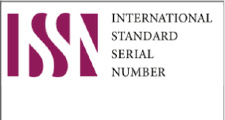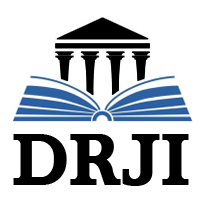عصر حاضر میں امت مسلمہ کے اتحاد کے نظریات اور رویے: ایک تجزیاتی مطالعہ
The Unity of the Muslim Ummah in Modern Times: An Analytical Study
Keywords:
Islamic Ideology Leadership Role Muslim Unity Religious Tolerance SectarianismAbstract
The concept of unity (Ummah) holds paramount importance in Islamic teachings and plays a transformative role in the development and progress of Muslim nations. This study conducts an analytical examination of the ideological foundations and behavioral patterns affecting Muslim unity in the contemporary world. The research identifies critical challenges facing the Muslim Ummah, including sectarian divisions, doctrinal prejudices, materialistic pursuits, and religious intolerance, which have collectively contributed to the deterioration of Muslim solidarity and global standing. Through a systematic analysis, the study reveals how historical patterns of discord, often exploited by adversarial forces, continue to undermine Muslim unity. The research demonstrates that external powers recognize their strategic advantage in Muslim disunity and actively pursue policies to perpetuate divisions within Muslim communities. Drawing from Quranic injunctions and prophetic traditions, the study emphasizes Allah's commandments regarding patience, unity, and brotherhood as fundamental principles for Muslim revival. The findings highlight the essential role of Muslim leadership in fostering unity through practical implementation of Islamic principles of brotherhood and mutual understanding. The research concludes that achieving Muslim unity requires a multifaceted approach, including promoting religious tolerance, addressing sectarian differences through dialogue, and developing institutional frameworks for collaboration among Muslim nations. Furthermore, it suggests that cultivating broadmindedness and strengthening fraternal bonds among Muslims are crucial steps toward realizing the ideal of Islamic unity in modern times.























